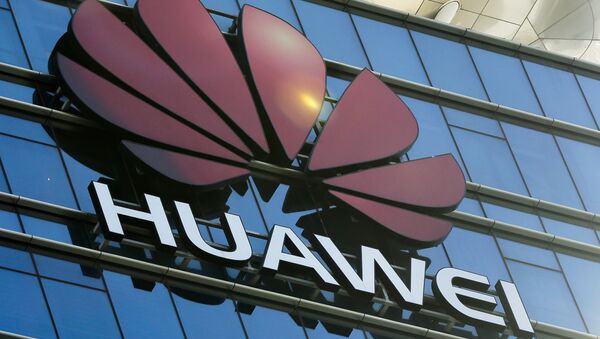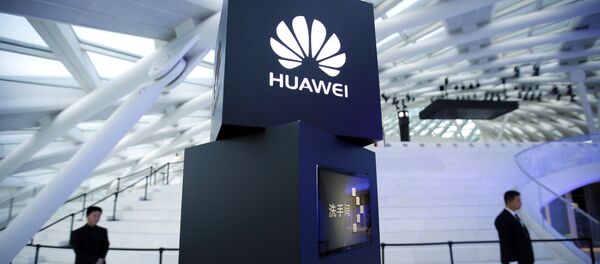"Scientific research should be the joint knowledge creation of human beings, and should not have any geographical and political labels," Financial Times quoted William Xu, Huawei's board director and chief marketing officer, on Sunday.
Concerns are rising that Beijing and Washington are heading toward a technology Cold War and Huawei is at the eye of this storm. The US has not only blocked Huawei from its 5G markets and urged its allies to stop using Huawei equipment, but has also refused the company's investment in US universities. All these stem from one simple excuse: Huawei is a Chinese company.
Absolute high-tech advantage is one of the pillars of US hegemony. Yet no country is catching up with the US as fast as China, a country with a different ideology and political system.
Reports show that "China's research and development investment increased by 11.6 percent to 1.97 trillion yuan ($ 293.6 billion) in 2018." The country is putting importance on the R&D industry and Huawei is at the forefront of the trend by investing around $15-20 billion in R&D annually year.
Instead of improving its competitiveness, the US is focused on placing restrictions on its rivals.
In an era of a highly-connected global economy, countries are finding it difficult to develop cutting-edge high technologies itself. Advances in technology come from joint efforts and deserve to benefit global development. Restricting and blocking others' technological development will be nothing more than a waste of time and resources.
It is time to shift the debate on Huawei or the entire Chinese high-tech development from a geopolitical matter to a technical one, and a subject of common development. Huawei's donations to developing countries have had a positive impact and have also been welcomed by more national institutions. Washington will find out that it can go nowhere by isolating others' technologies out of ideological confrontation.
This article was originally published in Global Times.




